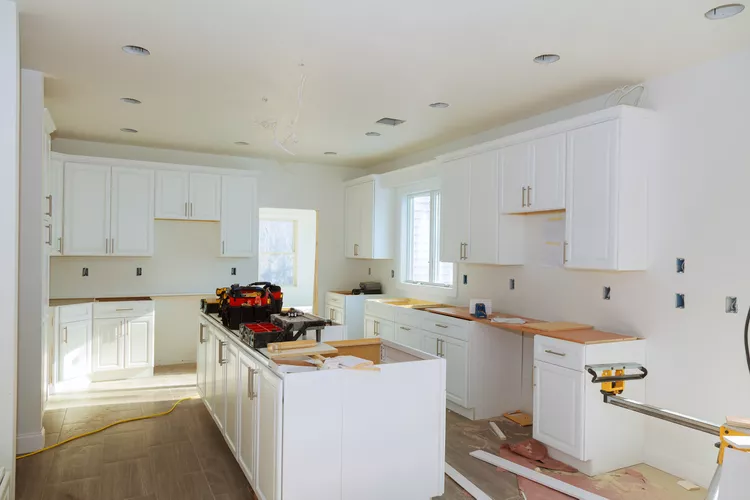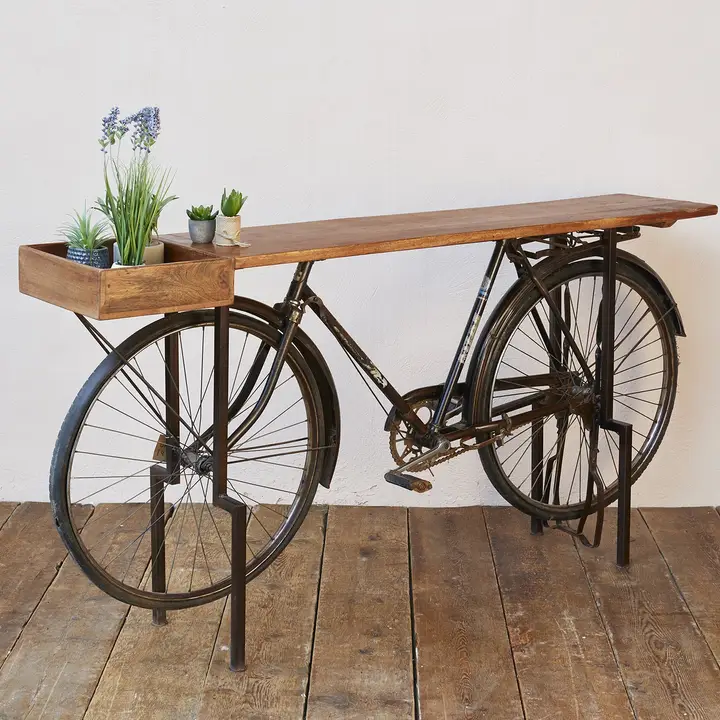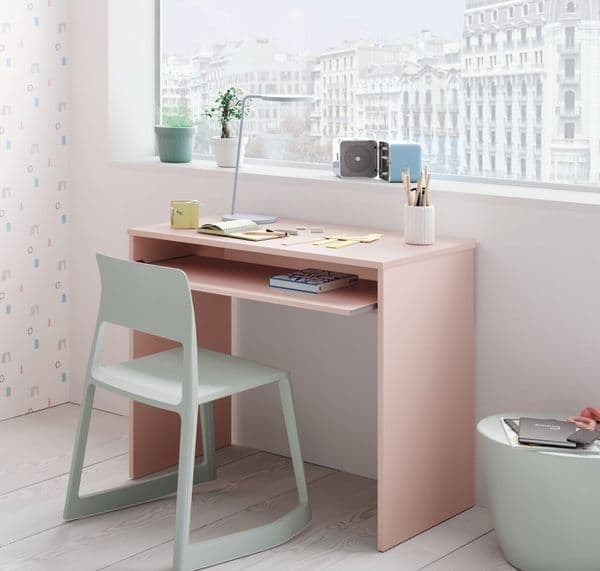When it comes to enhancing your living space, a DIY home improvement project can be both rewarding and cost-effective. Whether you’re tackling a small repair or a major renovation, the right tools and a well-thought-out plan are essential for success. In this blog post, we’ll share tips for home DIY that will ensure you’re well-equipped to take on your next project, complete it efficiently, and achieve professional-looking results.
The Right Tools for a Successful DIY Home Improvement Project
Before you start any home improvement task, the first step is to gather the proper tools. Having the right equipment on hand will not only speed up the job but also ensure that your work is of high quality. Here are a few essential tools every DIY enthusiast should own:
Measuring Tools
Accurate measurements are crucial to any project. A good tape measure, level, and square can make a world of difference when trying to achieve precise cuts and placements. Measuring tools prevent mistakes, saving you time and money on re-dos.
Power Drill and Bits
A power drill is a versatile tool that’s a must-have for any home improvement project. It’s used for drilling holes, driving screws, and even mixing certain materials. Be sure to have an assortment of drill bits on hand for various tasks.
Saw (Hand or Power)
Depending on the project, a saw is essential for cutting through wood, drywall, and other materials. For more intricate cuts, a hand saw is perfect. For faster and more precise work, a power saw (like a circular or jigsaw) is a great investment.
Hammer and Screwdrivers
The most basic of tools, yet still invaluable. A hammer is needed for driving nails, while a quality set of screwdrivers—both flathead and Phillips—will be necessary for assembling furniture or fixing appliances.
Tips for Home DIY Projects: Plan and Prepare
Now that you know which tools are essential, let’s talk about the tips for home DIY that will help ensure your project runs smoothly. Whether you’re tackling a simple task like painting the walls or something more involved like installing new flooring, preparation is key.
Plan Your Project Thoroughly
Start by researching your project. Watch tutorials, read up on techniques, and make sure you understand the scope of the job. Knowing what you’re getting into will help you avoid unpleasant surprises.
Budget Wisely
DIY projects are often more cost-effective than hiring professionals, but the costs can still add up quickly. Create a budget that includes tools, materials, and any unexpected expenses. Keep in mind that quality materials may cost more upfront, but they tend to last longer and provide better results.
Organize Your Workspace
A cluttered workspace can lead to accidents and delays. Ensure you have enough space to move around freely and keep your tools and materials neatly organized. Having a dedicated area for your project makes it easier to stay on track.
Focus on Safety
Never skip the safety measures. Always wear protective gear, such as safety glasses, gloves, and a dust mask when needed. Remember to use your tools correctly and follow all manufacturer instructions.
Home Improvement Tips: Tackle One Task at a Time
One of the most effective tips for home DIY is to break down the project into smaller, manageable tasks. Don’t get overwhelmed by the entire project. Start by completing one part, then move on to the next. For example, if you’re renovating your kitchen, begin with tasks like updating the cabinetry, then move to the backsplash, and finally install new appliances.
By completing small milestones, you’ll keep your motivation high and make the entire process feel less daunting.
Choosing the Right Materials
The materials you select will directly impact the outcome of your project. Choosing quality materials not only ensures the durability of the finished work but also adds value to your home. Whether you’re using paint, wallpaper, wood, or tiles, make sure to choose materials that are suited to the demands of your specific project.
For instance, flooring materials for high-traffic areas should be durable and easy to clean. Look for eco-friendly options where possible—these not only contribute to a sustainable home but can also provide you with healthier living conditions.
When to Call in the Experts
While DIY projects can be incredibly rewarding, there are certain situations where calling in the professionals is the best option. If you’re tackling major plumbing, electrical work, or anything that could compromise the structure or safety of your home, don’t hesitate to hire a qualified expert.
DIY doesn’t always mean doing everything yourself—it’s about knowing your limits and choosing the right tasks to take on. By knowing when to ask for help, you ensure that the project stays safe, legal, and efficient.
Before: Kitchen DIY

Source: The Spruce
After: Kitchen DIY

Source: The Spruce
Taking on a home improvement project can be a fun and rewarding experience, but it’s important to approach it with the right mindset and tools. By planning ahead, organizing your workspace, and investing in the right materials, you can complete your DIY project with ease. Always remember to prioritize safety and know when to seek professional assistance for complex tasks.
With these home DIY tips, you’ll be able to tackle a wide variety of projects around your house and create the home of your dreams—one step at a time.
For more tips and to shop for essential tools for your next project, visit ShopHaus. Explore our wide selection of home improvement tools that will help you achieve a flawless finish every time.
Featured image Source: The Spruce


















